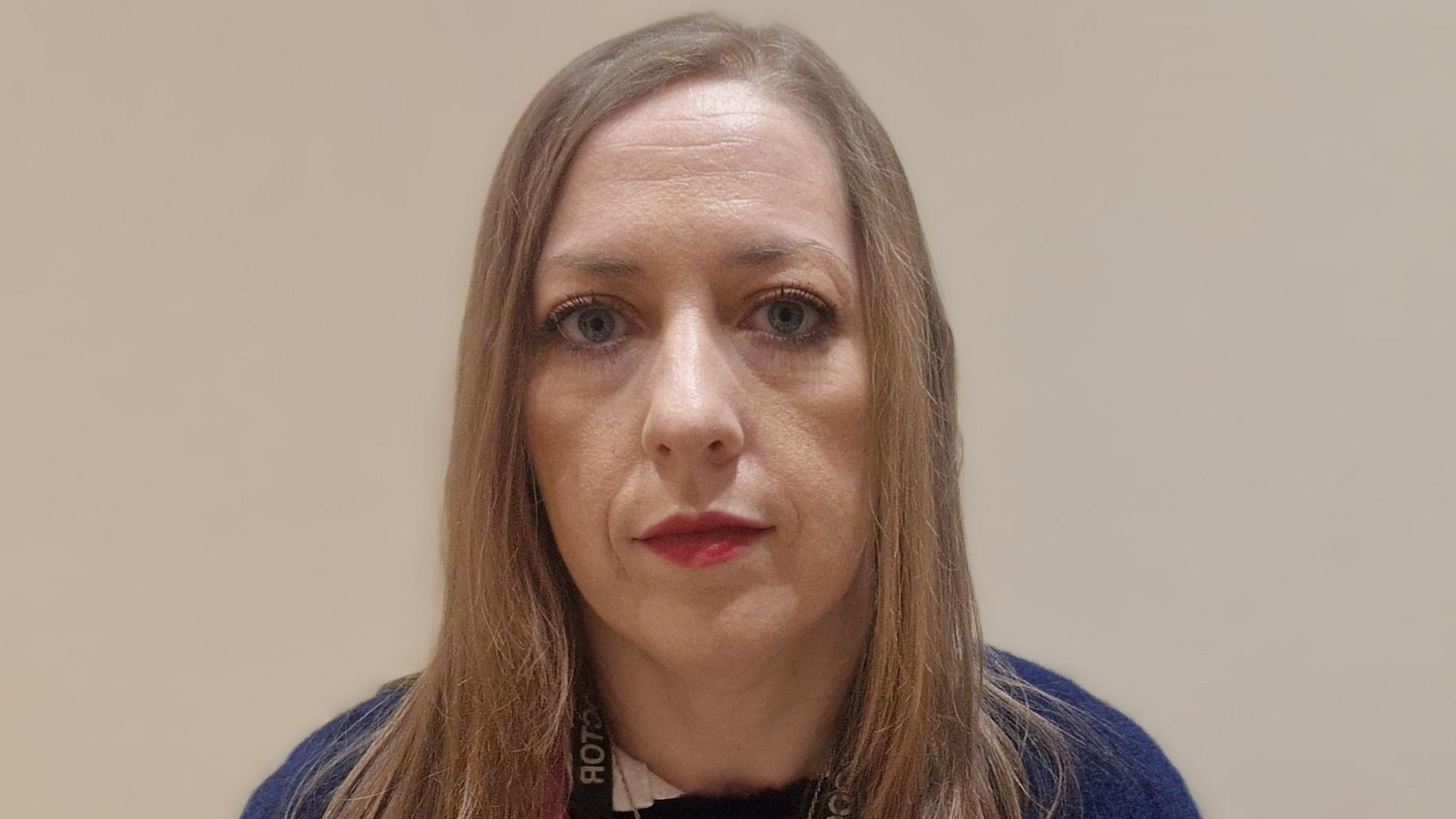Health minister will not restructure without evidence
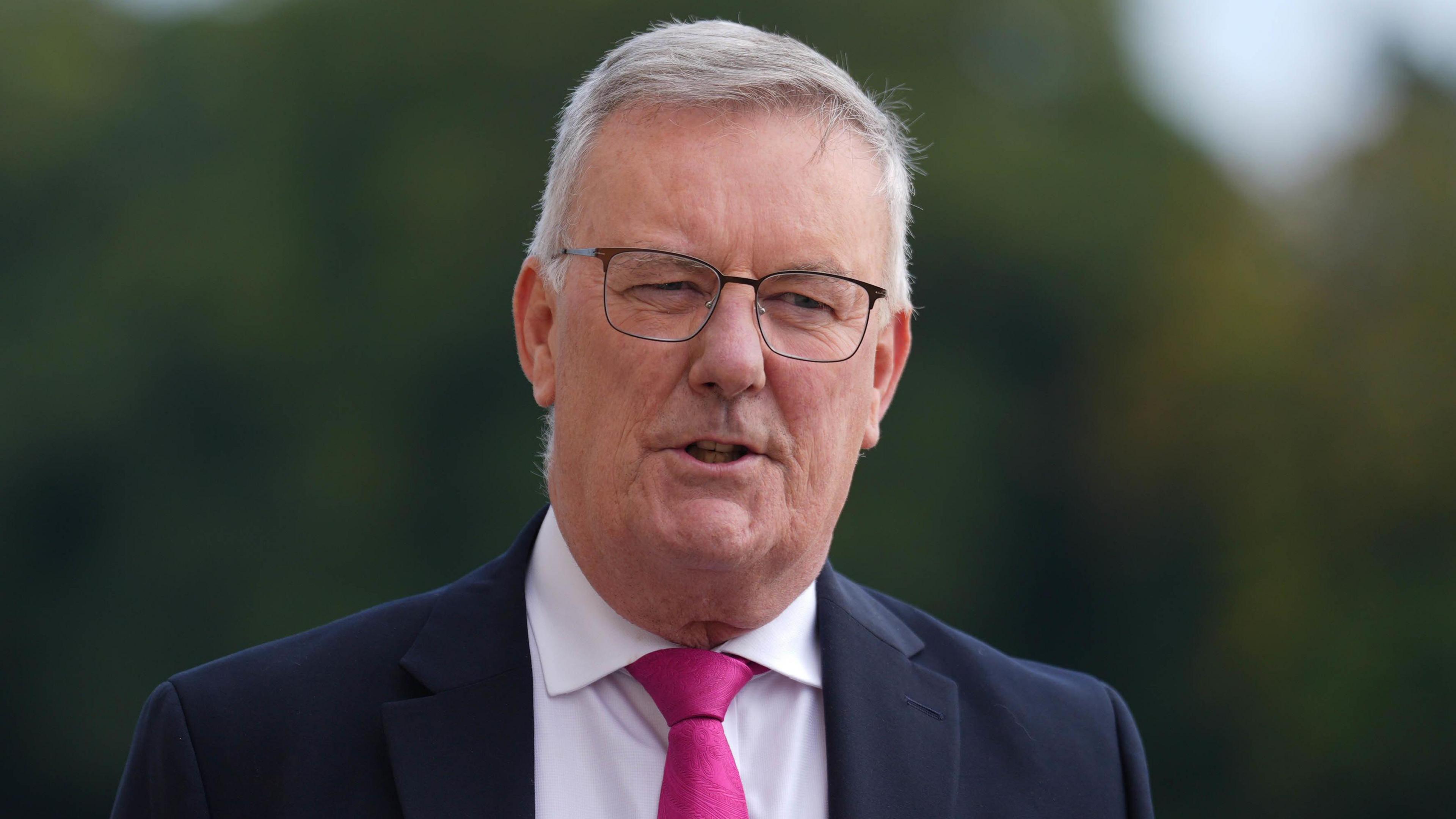
Health Minister Mike Nesbitt says he would not explore reform unless there is evidence that patients would benefit
- Published
The health minister has said he would consider changing the structure of how services are delivered if he thought it would improve outcomes for patients.
Mike Nesbitt told BBC News NI that he would not waste time and effort exploring such significant and widespread reform unless there is evidence that patients would benefit.
"It would be incumbent on me as health minister to look at the structures and to see how we might, or if there is an opportunity to reshape them in any way which will deliver better outcomes for patients," Nesbitt said.
The minister added that if all the reform and restructuring did not improve patient outcomes, then it is not "worth the candle."
The former permanent health secretary Andrew McCormick said the health system needs transformation rather than reform.
He said that those leading the health trusts should be given the strategic direction by the department to be able to carry out their job of delivering services.
He said accountability within the system is paramount and in the absence of a chief executive of health and social care that role falls to the Permanent Health Secretary and Peter May holds that post.
'One of the best jobs in the Civil Service'
Mr McCormick said: "The job of the permanent health secretary is to be the overall manager for the system. In the absence of a separate chief executive of a health and social care board which NI did away with – the buck then stops with the permanent secretary.
"It is a very demanding role, to me it's also probably one of the best jobs in the Civil Service but it is incredibly demanding and the people who have done it have tried very hard to make things work and it is working with a system that is struggling and broken."
There are six local health trusts including the Northern Ireland Ambulance Service.
In recent months, the chief executives of the Southern and Belfast trusts have resigned, with the chief executive of the Northern Ireland ambulance service due to retire in the coming weeks.
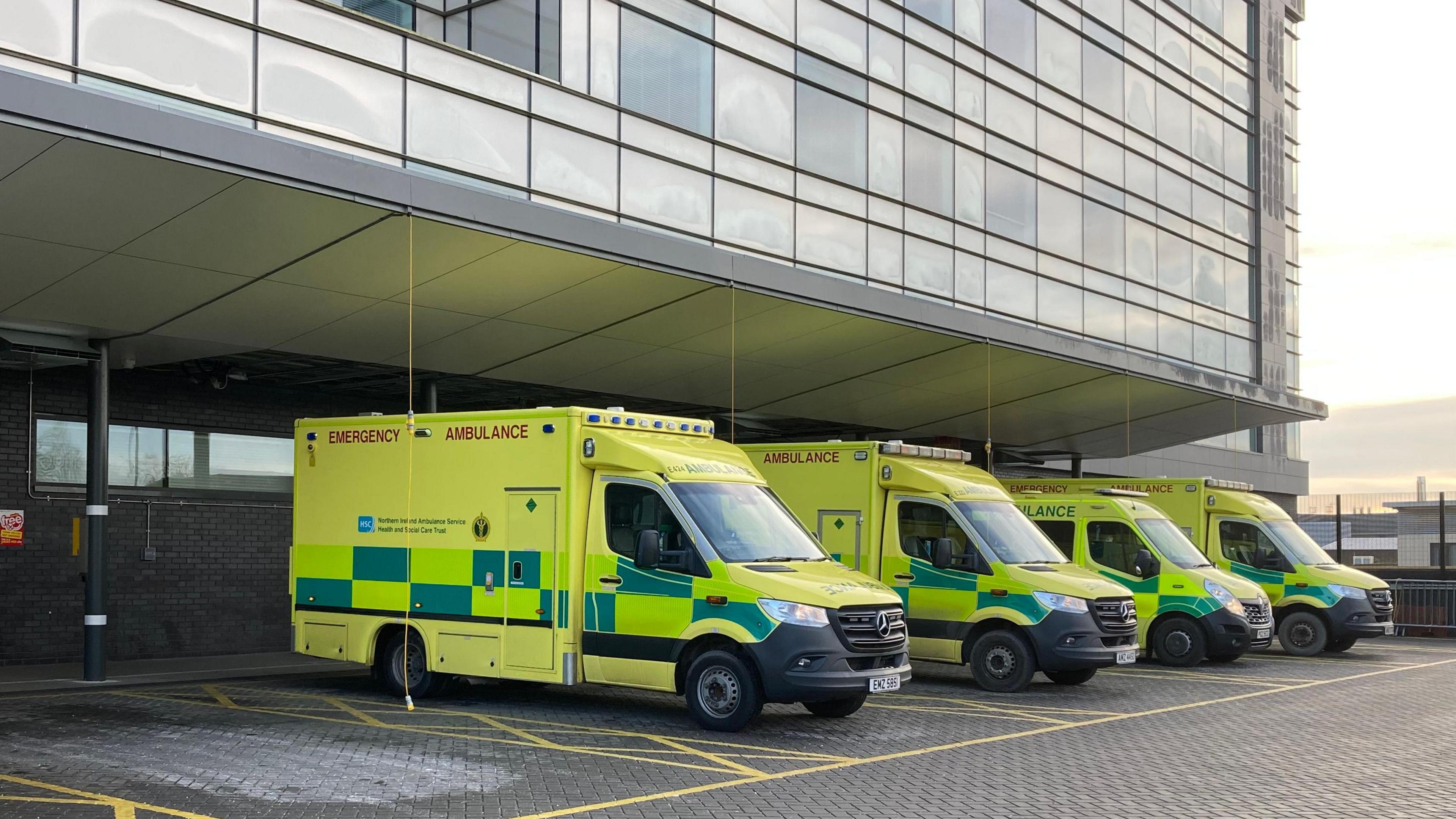
Emergency departments across Northern Ireland have been under pressure in recent weeks
While that leaves a huge gap at the very top, it is my understanding that it also creates an opportunity for Nesbitt to look at restructuring the health trusts and the potential appointment of someone senior to oversee change on the ground.
There are various possibilities for that role.
It could be a new chief executive for health and social care, or perhaps an interim post within the department of health, with the net for potential candidates being cast outside of Northern Ireland.
Trusts 'should work as one'
The minister also said there had been a lot of talk and speculation about how things could be delivered differently.
Nesbitt said he has told all the health trusts that they should be working together and there should be common practice across the system.
"I have told the trust's chiefs and their chairs they should be working as one trust," Nesbitt said.
The ongoing health crisis has again highlighted the lack of strategic direction and how services could be organised differently and overseen by one person.
While some might say that is the role of the health minister - others argue to get things done, it's best to take politics out of health.
A nonpolitical appointment would also address the issue of someone being held to account.
What has been happening in NI healthcare?
Over the last number of weeks, emergency departments in Northern Ireland have been under pressure, with long wait times at A&E.
The combination of a cold snap and flu season have been touted as major factors driving the crunch at EDs, by doctors.
A lack of care packages in the community has also prevented hospitals from discharging patients and opening up bed space.
The director of the NIAS said delays getting patients into EDs is leading to an increase in deaths.
First Minister Michelle O'Neill called pressures facing the health service are "dire and diabolical".
Those within the social care system have also expressed frustration with the lack of reform, adding that it is preventing patients getting the most appropriate care.
Related topics
- Published6 January
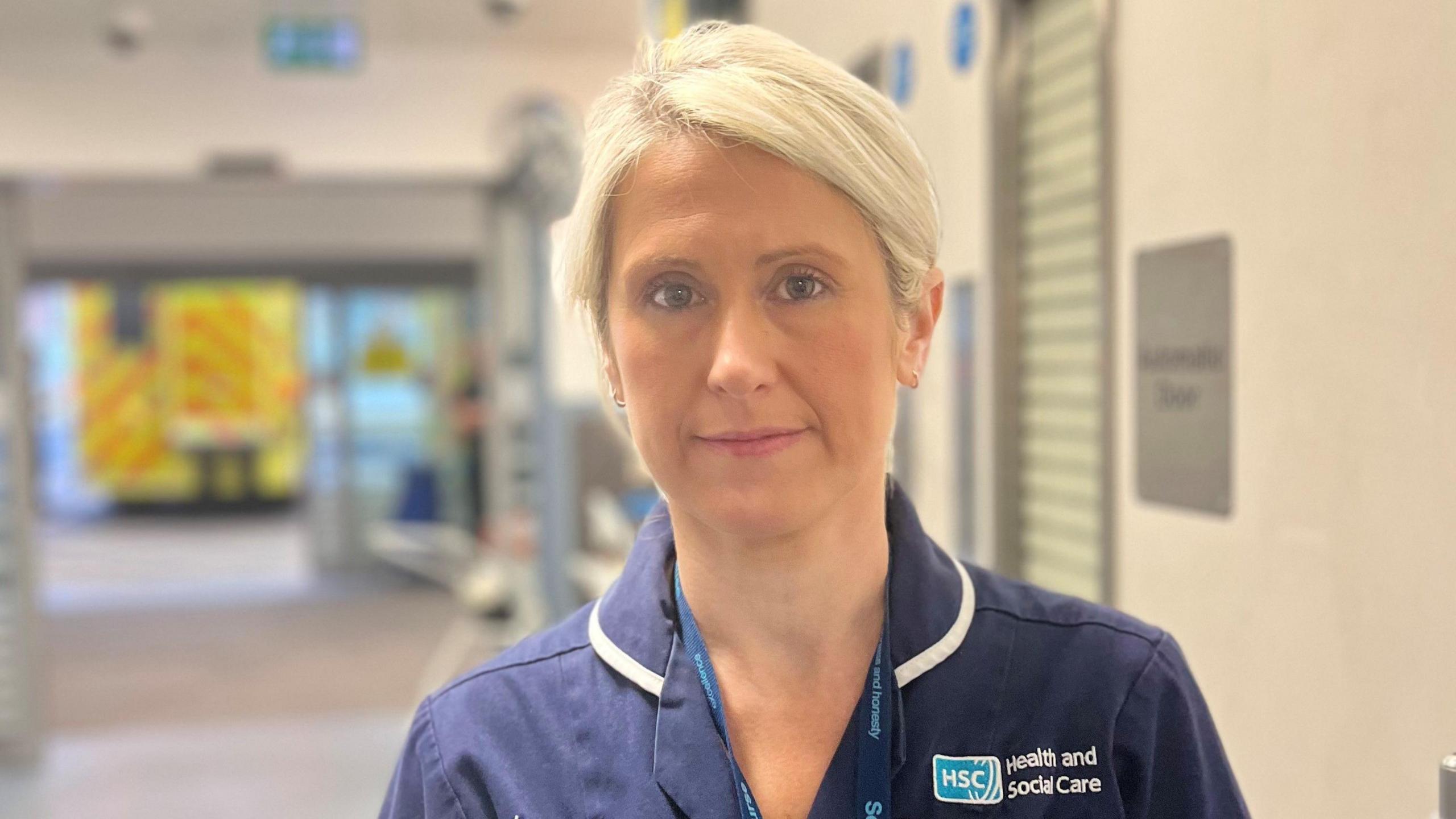
- Published3 January
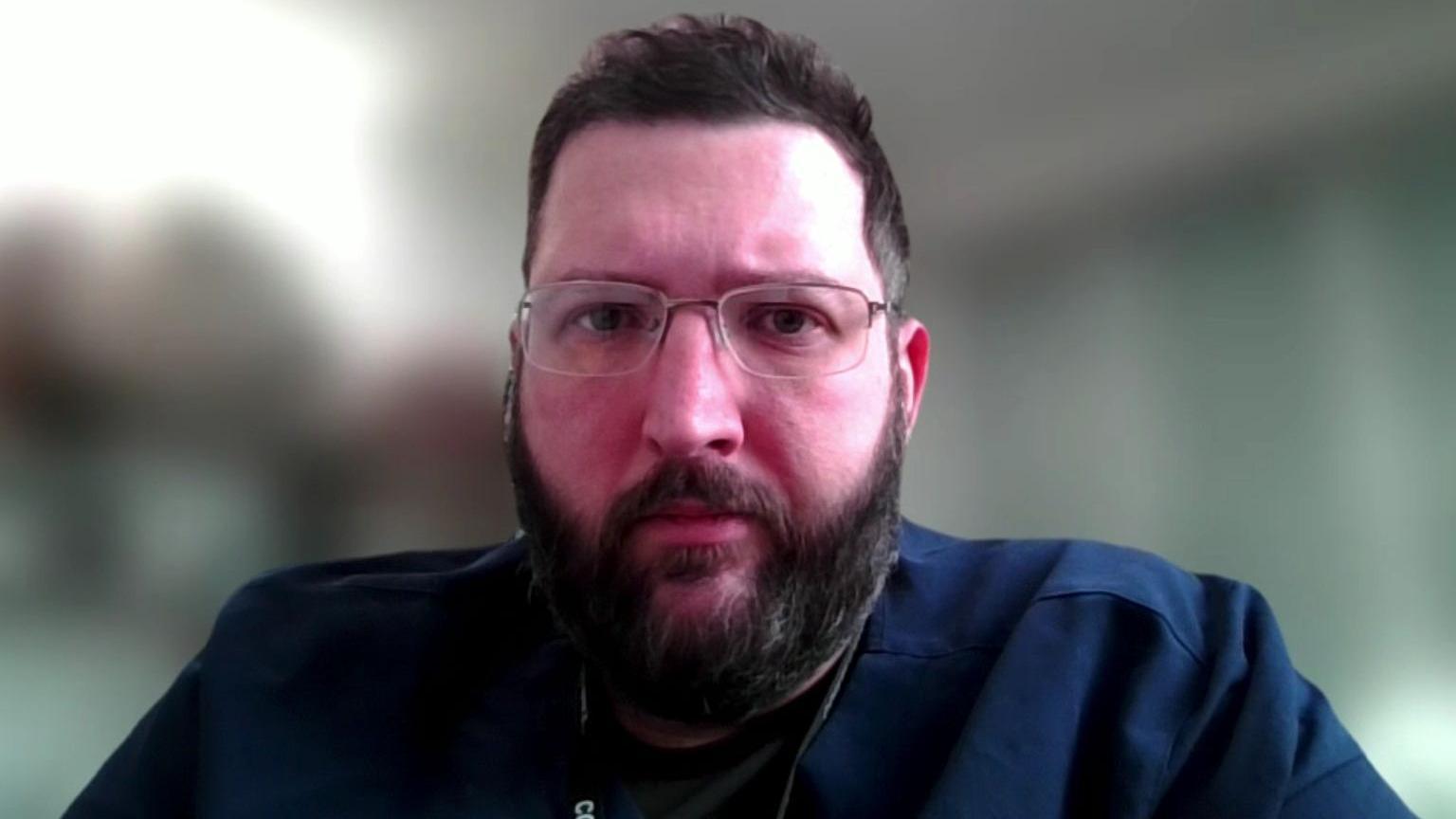
- Published2 January
